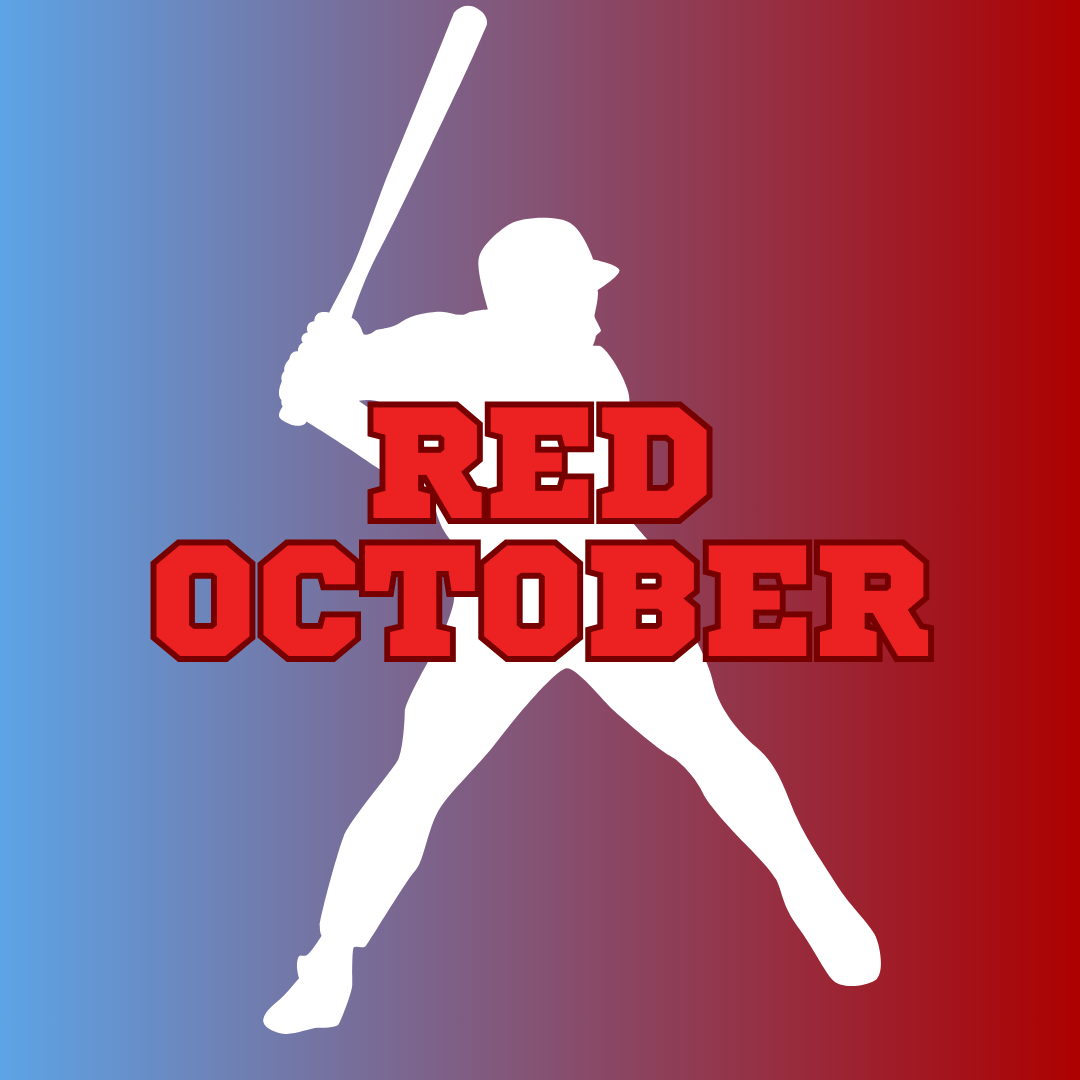It’s funny how we end up in the places we do. When graduating high school in 2021, I did not see myself as a student at St. Joes. Then, in the fall of 2022, I transferred here. And, barring a high school op-ed on why “Frozen” is better than “Moana,” I did not see myself as a journalist. Then, during the summer of 2024, I studied abroad in South Africa.
The SJU South Africa Summer Program is a month-long study abroad experience where students travel to South Africa to act as foreign correspondents for The Hawk. And, to be honest, I just went for it. The program allowed me to travel abroad, crossing off a dream I had before entering college. It also presented me with a new challenge: How in the world am I going to do journalism?
So there I was, on a 12-hour connecting flight from London, England, to Johannesburg, South Africa. Flights make me nervous, and on top of that, the term “journalist” loomed over my head. Up until this point, I had never written a piece of journalism before. I was told no journalism experience was needed, which is true, but at the time, I wondered if I knew what I was getting into.
A few days after arrival, our first stories were introduced. The only thing I could fathom to write about was sports.

Sports have been a part of my life for as long as I can remember. I started playing football when I was four years old and played throughout high school. Then, when I transferred to St. Joes, I joined the men’s club rugby team. I knew I could confidently write about sports because I had experienced the joyous victories, the heartbreaking losses and every little thing in between. This was a good thing, too, because my first story was about a girl’s soccer team. While I did not know whether I would like journalism, I knew I had to give it a try because my grade depended on it.
I learned fast that playing sports is one thing and reporting on sports is another. As an athlete, you know the story because you are living in it. You are facing the conference rivals or the team you haven’t beaten in three years. You have the power to determine the outcome. But reporting on sports, you are invited into that story. You are the presenter, not the artist. You cannot change what happens but only present what happens to the audience. Yes, it’s different but no less rewarding, painful and full of growth.
For me, becoming a sports reporter was never on my bucket list. It wasn’t grand nor spectacular how I got here or why I ended here; it just happened. But after my first story, I was hooked. No longer was I limited to the sport I played; I could access whatever sport I wanted to in a different way, one that did not involve my body breaking down from tackles.
My football coaches used to say it’s not the championships you remember, but it’s the little things that lead you there that you never forget. Although I haven’t written many stories, I know I may eventually forget them. But I won’t forget the people I met while working on them. I won’t forget procrastinating until the last minute to get a story done. And I won’t forget the lessons I learned that not only improved my ability to write, but also improved my ability to act as a curious person as I move through the world around me.















































